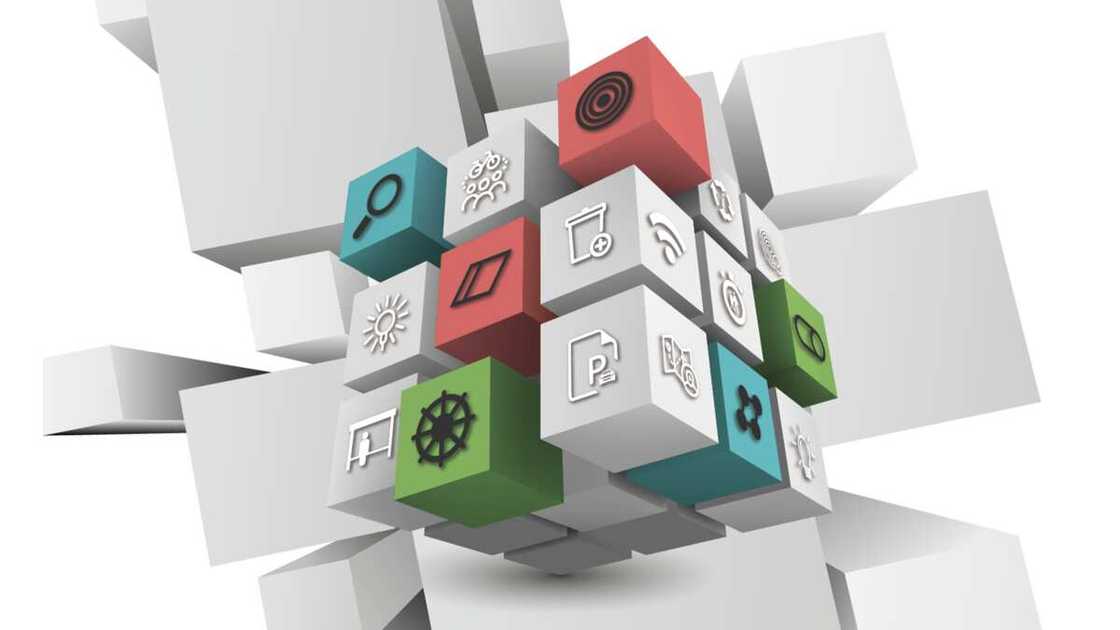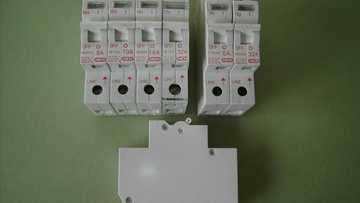Data collection methods in research
Collecting data in a scientific study is one of the most important steps. The quality of the information received depends on how complete the result of the research is. What data collection methods in research do you know?

Source: Depositphotos
Picture from www.collegechoice.net
Data collection methods used in research
Each science has its own subject and uses specific methods that allow you to know the patterns of the phenomena studied by it.
Research methods are grouped according to the following criteria:
- According to the purpose, in one case, there are distinguished methods of collecting factual material, its theoretical interpretation, and directional transformation. In another case, methods of diagnostics, explanation, prediction, correction, statistical processing of the data, etc. are distinguished.
- The level of insertion into the essence of a group of methods of empirical research is based on experience, practice, experiment and theoretical research associated with the abstraction of sensual reality, building models, etc.

Source: Depositphotos
Photo from media.responsiblegambling.vic.gov.au
READ ALSO: Top 20 universities in Nigeria
General methods of data collection are divided into three large groups:
- empirical research methods (observation, comparison, measurement, experiment);
- the methods used both at the empirical and theoretical levels of research (abstraction, analysis, and synthesis, induction and deduction, modeling, etc.);
- methods of theoretical research (ascent from the abstract to the concrete, etc.)
We, in turn, divide the methods of data collection into basic ones: observation (external, internal); experiment (laboratory, natural) and auxiliary (interview, questionnaire, analysis of products of activity).
Data collection methods in quantitative research
Considering the classification above, the following methods can be characterized:
- Analysis is the separation of the system into subsystems to identify their links.
- Decomposition means the separation of the system into subsystems while preserving their interconnections with the environment.
- Synthesis is the connection of subsystems into one system to identify their interconnections.
- Composition is the connection of subsystems into one system while preserving their interconnections with the environment.
- Deduction is gaining data about the subsystems of knowledge about the system.
- Simulation (simple modeling) is obtaining data about an object using a model and/or devices. Modeling is based on the ability to single out, describe and study the most important factors and ignore minor ones in formal consideration.

Source: Depositphotos
Photo from static1.squarespace.com
- Historical method is the search for data about the system through the use of its history, which is actually existing or conceivable, possible (virtual).
- Logical method is a method of searching for data about a system by reproducing its certain subsystems, connections or elements in thinking and consciousness.
- Marketing method means getting data on the layout of an object or system, i.e., using the representation of structural, functional, organizational and technological subsystems in a simplified form, preserving the information that is necessary to understand the interactions and connections of these subsystems.
- Actualization means obtaining data through the activation, initialization of meaning, i.e., transfer from static (non-actual) state to dynamic (actual) state; at the same time, all the necessary connections and relations of the (open) system with the external environment should be taken into account (they actualize the system).
- Visualization means obtaining data through a visual representation of the condition of the updated system.

Source: Depositphotos
Picture from arup.com
Each of the methods of collecting data has its advantages and disadvantages and the use of one or another depends on the specific features of the object of study.
READ ALSO: Best state universities in Nigeria for Law
Source: Legit.ng





